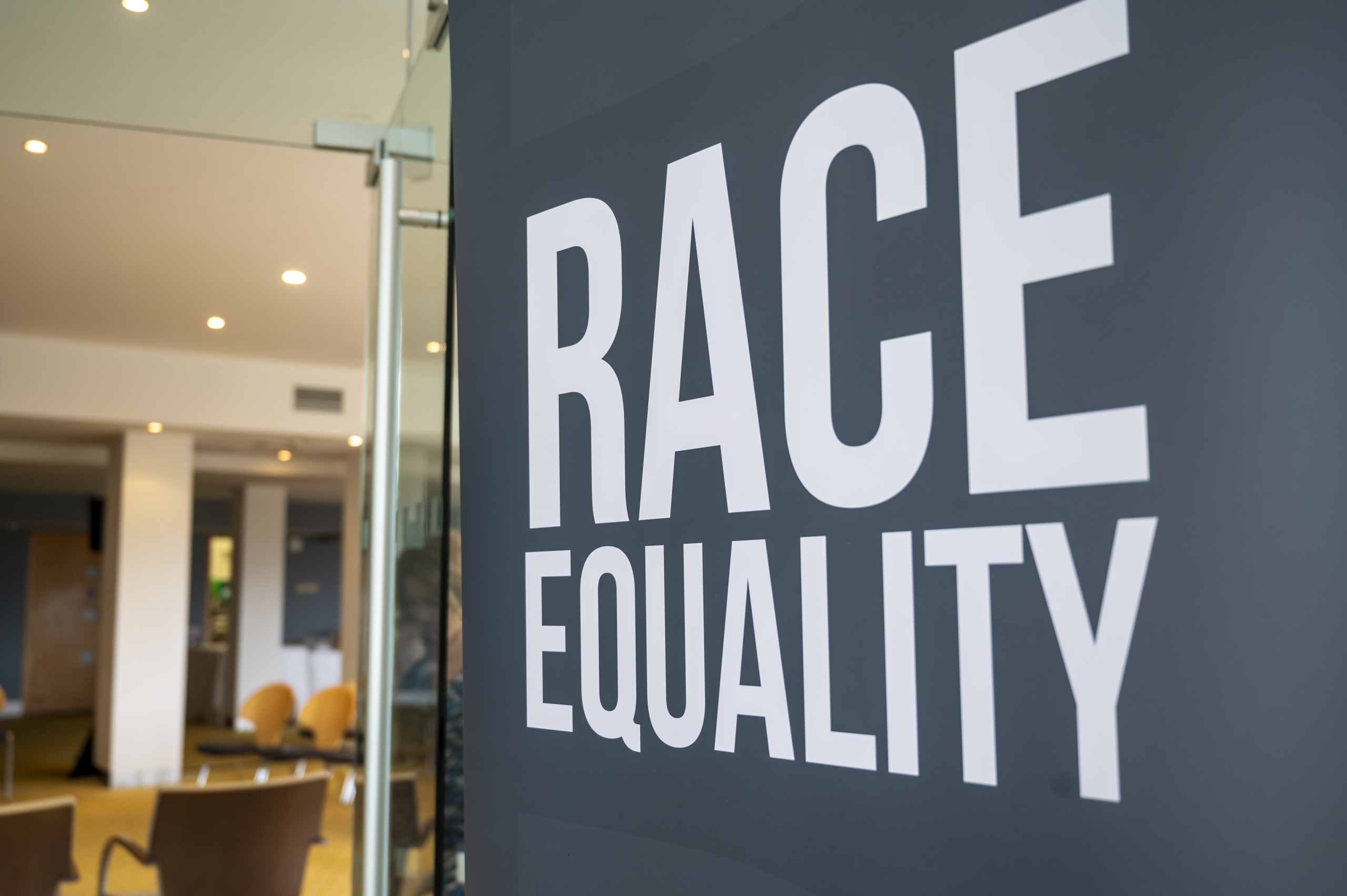Race Equality in the Higher Education Sector

In 2021, the HEA Centre of Excellence for Equality, Diversity and Inclusion ran the first National Race Equality Survey of all HEIs, the findings of same were included in the Race Equality Report, published in October 2021. The aim of the survey was to capture the lived experience of HEI staff in relation to race equality. For the purpose of the survey, race equality was defined as ‘equal representation, equal experiences and equal outcomes of staff from minority ethnic groups.’
The HEA is committed to taking a proactive approach to tackling all forms of racial and ethnic discrimination in higher education. Now that we have an evidence base, the HEA can work with institutions to prevent rather than react to problems in this area and to keep pace with wider demographic changes in Irish society.
In September 2022 following a period of consultation with stakeholders, including the National Athena Swan Intersectionality Working Group, the Centre of Excellence for Equality, Diversity and Inclusion launched the Race Equality Implementation Plan 2022-2024.
On the 20th March 2023, the HEA launched the Anti-Racism Principles for Irish Higher Education Institutions which aim to harness the power that Irish Higher education institutions (HEIs) have as leaders of positive change in society to challenge racism and race inequality. Irish colleges have seen a growth in the ethnic diversity of their staff and students, reflective of the diversity in Ireland’s population and these Anti-Racism Principles seek to embed a culture of race equality across higher education. The Principles were launched at the first National Race Equality Conference, hosted by University of Galway. The conference brought key stakeholders together to highlight the structural, institutional and historical dimensions of racism which have informed past and current practice in HEIs and the societies in which they are situated.
Background
The survey was conducted in late 2020/early 2021 and all staff working in HEIs in the Republic of Ireland – regardless of ethnic background or nationality – were invited to participate. A total of 3,323 staff, approximately 10% of the total number of HEI staff nationally, in Irish HEIs responded to the survey.
While the HEA has begun to request data on staff by ethnicity, an overall picture of staff ethnic diversity nationally has yet to be formed. However, the ethnic demographics of respondents is broadly in line with CSO data on the general population.
The survey indicates that experiences of collegiality in Irish HEIs are generally positive across all ethnic groups. However, across all groups, a majority agreed with the statement that ‘race inequality exists in Irish higher education’.
While there was awareness of policies on race/ethnicity, it was often noted by respondents that these are embedded and less visible within broader equality policies, such as Dignity at Work and Mutual Respect policy. Some individuals also remarked that there are more policies relating to gender than ethnicity. Respondents also noted that if policies exist, there is no real implementation of these policies and no visible outcomes in the staff body.
Senior leadership in HEIs were most commonly identified as the group most critical to the process of improving race equality in higher education and there is an opportunity for real evidence-informed leadership in this area by HEIs.
The recommendations made in the report were across eight thematic areas – supporting diversity in staff, supporting diversity in student recruitment, making race/equality policies transparent, reporting mechanisms, awareness and training, fostering diversity in HEIs, leadership and data collection.
Athena SWAN Ireland Intersectionality Working Group
The Athena SWAN Ireland Intersectionality Working Group was established in 2019 by the National Committee for Athena SWAN in Ireland with an initial goal to develop a cross-sectoral approach to collecting data on staff and student ethnicity in the Irish higher education sector. The group is open to staff members from HEIs with academic or professional expertise in this area as well as representatives from the HEA.
As part of the HEA’s ongoing work in the area of staff equality, diversity and inclusion, and further to the collection of data on HEI staff by gender, it is envisioned that HEIs will return staff ethnicity data to the HEA. In this context, the Athena SWAN Ireland Intersectionality Working Group has produced a statement to provide staff in HEIs with information on the rationale for collecting ethnicity data and the complexities of categorisation. The statement also provides some context for race equality work in higher education as well as recommended actions for HEIs to consider. The statement has been endorsed by 25 HEIs, as well as by the IUA and THEA.
The Intersectionality Working Group is now also examining the recommendations in the report commissioned by the HEA Race Equality in the Higher Education Sector, authored by Dr Marta Kempny and Dr Lucy Michael.